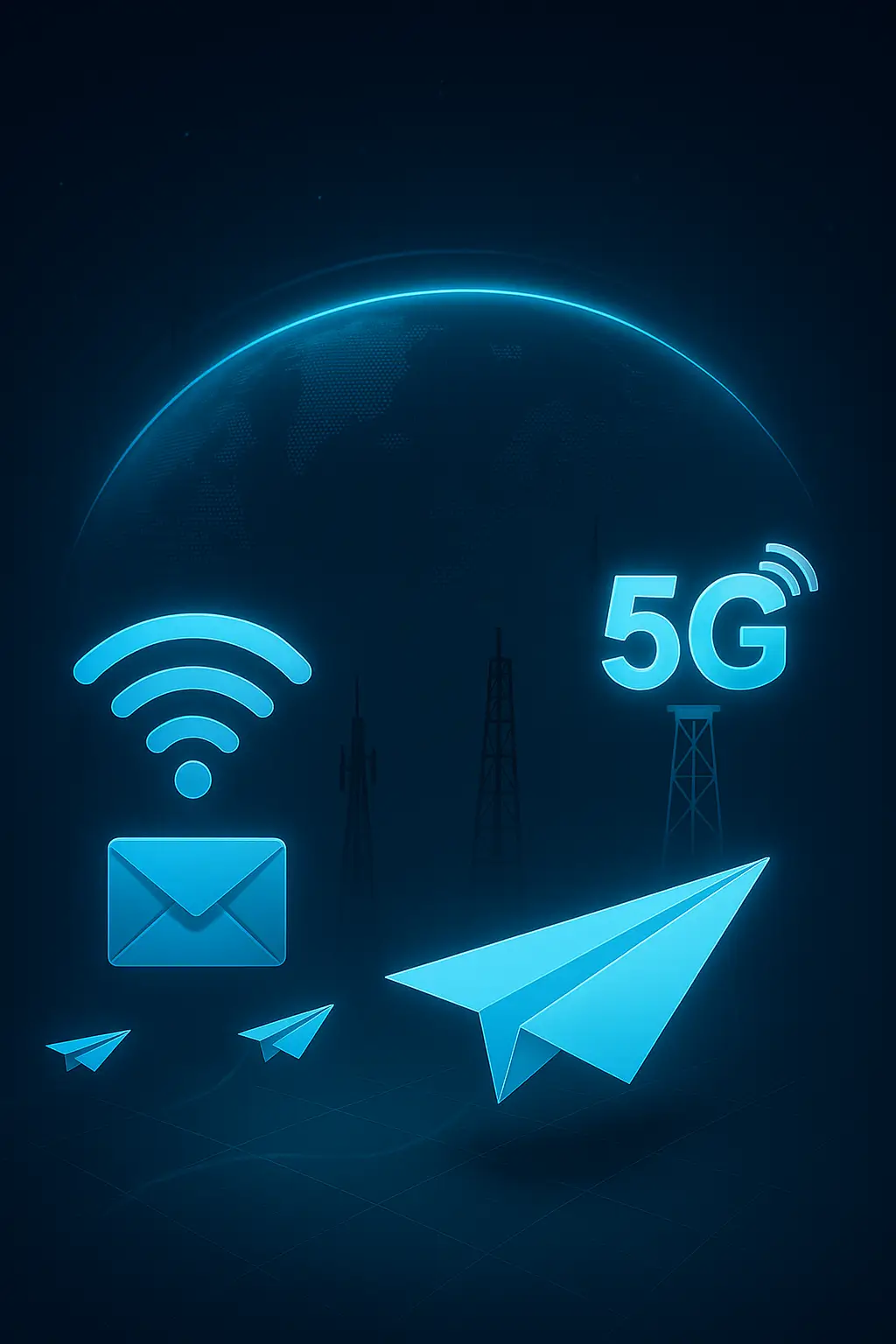White House economic adviser Larry Kudlow said on Fox News on Sunday that Trump’s move was not “amnesty.” He repeated that Huawei can resume buying from US businesses so long as
it does not present a national security concern. The Commerce Department would “probably” be looking at how to “grant some temporary licenses” for US firms to resume
business with Huawei.
Huawei relies heavily on computer chips imported from companies like Intel (
INTC) and Micron (
MICR).
Google also supplied the company with its
Android operating system.
Google said in May that it would comply with the Trump administration’s new policy and restrict Huawei’s acces to the Android platform, which was seen as a devastating blow to Huawei’s smartphone business.
Micron, however, counts Huawei as one of its biggest customers and faced a steep revenue decline: Its overseas smartphone unit sales dropped 40% in the weeks immediately after Huawei was blacklisted. Micron announced earlier this week that it found a workaround to the ban and was able to resume at least some shipments to Huawei. Intel reportedly made a similar move.
Those companies did not immediately respond to requests for comment Saturday.
Trump appeared to acknowledge that US suppliers aren’t happy with the current policy.
“The (US) companies were not exactly happy that they couldn’t sell,” he said. The United States sells a “tremendous amount of product” to Huawei, he added.
The Ban will impact America
Huawei, which is considered a world leader in developing
technologies to support
5G networks, has said banning the company from the United States would ultimately hurt American businesses and consumers.
“Restricting Huawei from doing business in the US will not make the US more secure or stronger; instead, this will only serve to limit the US to inferior yet more expensive alternatives, leaving the US lagging behind in 5G deployment,” the company said in a statement responding to the
executive order.


